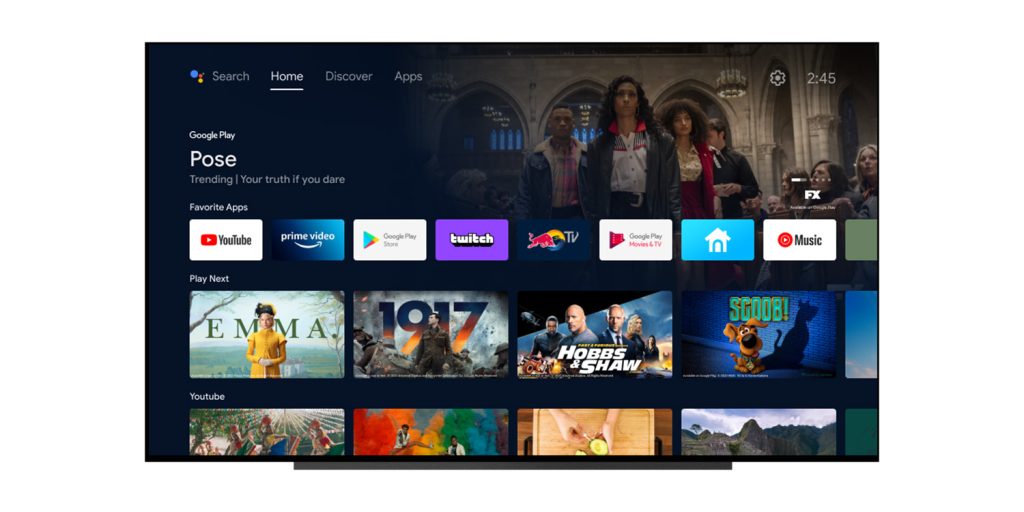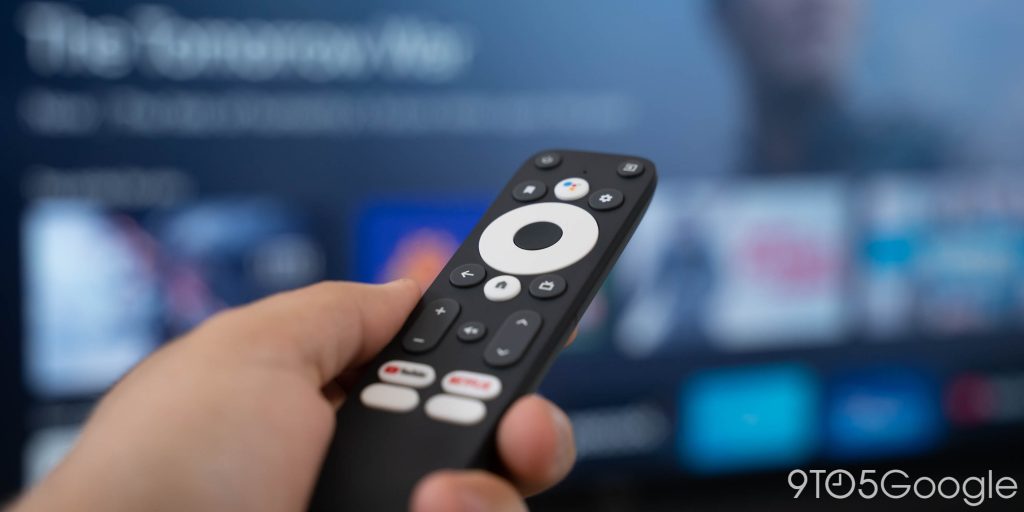
“Android TV” has two basic meanings in today’s market. There’s Google’s official Android TV OS, which powers TVs, streaming units, and set-top boxes, and there’s even Android, but on TV. The difference is crucial to how your experience goes, and if you care about your security at all, you should avoid the latter at all costs.
The problem with striped Android TV boxes
It doesn’t take much to find simple devices that call themselves “Android TV” boxes across Amazon and other major markets. These boxes often advertise high-quality output, powerful specs, and the ability to run apps like Kodi, often for access to “free” but usually less than legal content. But no matter what you want to buy these boxes for, there are a few key things to watch out for.
First of all, there is the issue of security.
As it was discovered earlier this year, One of Amazon’s popular “Android TV” boxes has been found to be being sold with malware on board. The device also pulled loads of harmful content from the web as soon as it was connected to your network. This week, people over Linus Tech Tips posted a video Researching several other popular “Android TV” boxes being sold online and we found that all of them had the same actual framework for malware to thrive, potentiallydo some physical harm to your information or to other devices on your network.
Other than this issue, there are other possible issues with purchasing these boxes. Android that gets built on board is often not updated, leaving the door open for even a relatively “clean” device to infection by bad actors taking advantage of vulnerabilities patched in later Android versions.
As shown in the LTT video, there is also no guarantee that what the listing says is actually what you are buying. Multiple boxes tested had less available RAM than advertised, and some were unable to output the 4K resolution they were advertised at, even locked to 720p.
Does this mean you should never buy an “Android TV” device? No, but you need to be careful when choosing what you buy.
Android TV OS vs Android on TV – Differences to look out for
As mentioned at the beginning, there are two types of “Android TV”. In the case of the inaccurate boxes, you’re looking at Android but on TV. These devices generally run a forked version of Android, modified from the open source Android code. They are rarely endorsed by Google, and every piece of software on board is modified or hacked.
On the other hand, there is the Android TV operating system. This is a legitimate offer that comes directly from Google.
The Android TV operating system is the framework that underlies the Android TV experience, the Google TV experience, and personalized experiences designed by Pay TV providers. We recently covered the deep history of Android TV, including how it came to be Google TV.
The short version is that when you buy an “Android TV” device, you’ll want to look for these key points:
- Play Store installed with Other Google Apps.
- The home screen looks like one of the two designs below.
- Look for Google Assistant tags.
- Android TV OS devices rarely have complicated remote controls.
It’s not uncommon for a simple “Android TV” box to include Play Store support, but this is often hacked into place after the fact. One thing that helps show that you’re getting a legitimate offer is that other Google apps, such as YouTube, are also installed. Netflix is also generally installed on official Android TV OS devices.
You will also need to look at the home screen. Android TV OS in 2023 will feature one of two appearances on consumer devices, both of which can be seen below. They may be modified in small ways, but overall, your device should have something nearly identical to them.


Google Assistant is another major sign that your Android TV device is legit. Google Assistant on Android TV OS devices will have a shortcut on the remote control and appear along the bottom or top of the user interface, with the Assistant logo fully displayed.
Finally, another obvious sign that is often as simple as a remote control. Official Android TV OS devices almost exclusively ship with fairly simple remote controls. On Chromecast with Google TV, there are only eight buttons and a D-Pad. The same is true for Nvidia Shield TV and others. Anything with extra buttons usually It only includes a number pad for channel entry. This doesn’t necessarily apply to TVs, but it is often the case for set-top boxes and streaming dongles.

9to5Google’s Android TV recommendations
Not sure what to get? We’ve tried a lot of Android TV OS devices, so here are our top recommendations.
More on Android TV:
FTC: We use affiliate links to earn income. more.

“Writer. Amateur musicaholic. Infuriatingly humble zombie junkie. General internet maven. Bacon enthusiast. Coffee nerd.”

